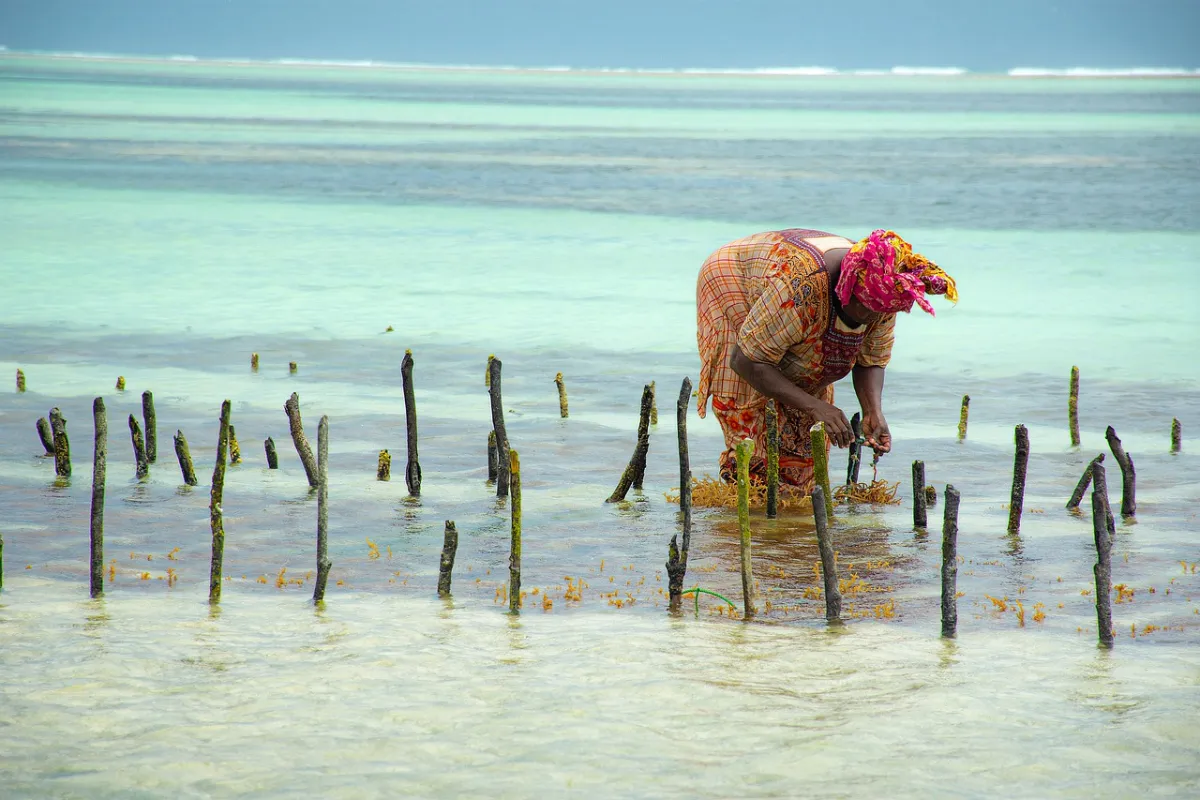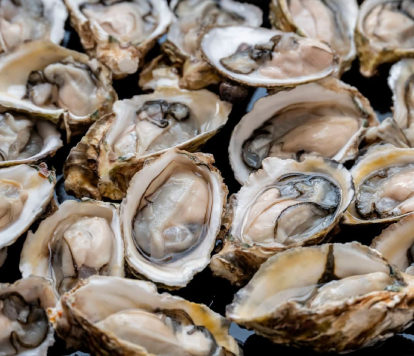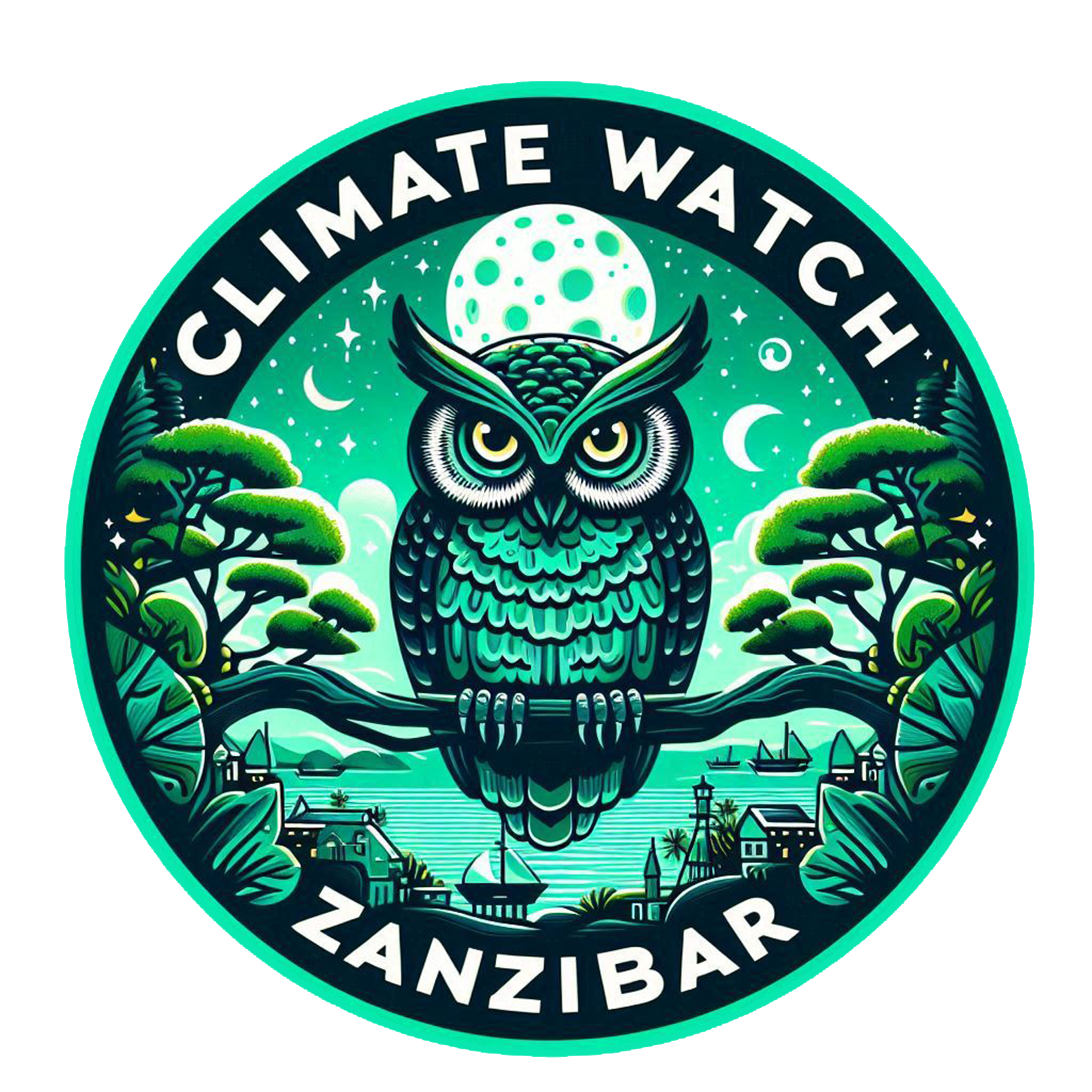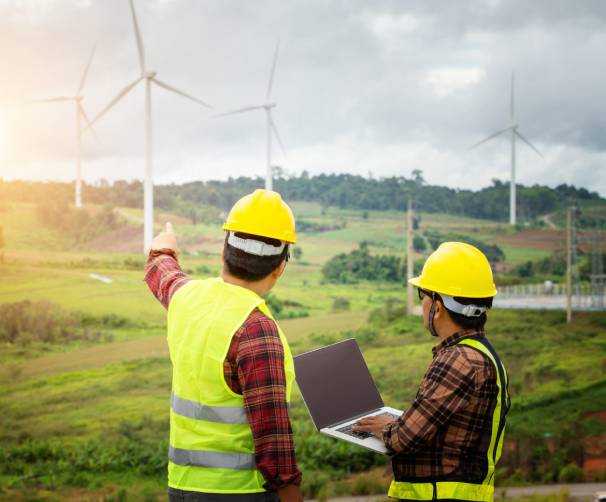
Project Summary
"Blue Economy, Green Future" is a transformative initiative aimed at unlocking Zanzibar’s vast coastal and marine potential through sustainable, inclusive, and climate-resilient development. Rooted in innovation, conservation, and community empowerment, the project envisions a thriving blue economy that fosters biodiversity, supports livelihoods, and ensures long-term prosperity for Zanzibar's people—particularly coastal communities and youth.
By integrating green technologies, marine conservation, sustainable fisheries, eco-tourism, and coastal infrastructure development, this initiative will not only strengthen Zanzibar’s marine economy but also position the island as a global model for climate-smart coastal management.
Goals & Objectives
Primary Goal
- To transform Zanzibar’s coastal and marine resources into sustainable engines of economic growth, ecological preservation, and community development.
Key Objectives:
Marine Conservation & Biodiversity Restoration
- Establish and expand Marine Protected Areas (MPAs)
- Restore coral reefs, mangroves, and seagrass beds.
- Combat illegal, unreported, and unregulated (IUU) fishing.
Sustainable Fisheries & Aquaculture
- Develop community-based fisheries cooperatives.
- Introduce sustainable aquaculture technologies (e.g. seaweed farming, oyster cultivation)
- Provide training and gear to small-scale fishers.
Eco-Tourism Development
- Promote eco-lodges, marine safaris, and cultural heritage tours.
- Train youth and women in eco-tourism operations.
- Develop blue heritage trails and underwater attractions.
Green Coastal Infrastructure
- Construct climate-resilient jetties and fish markets.
- Install solar-powered cold storage for fish preservation.
- Improve waste and water management in coastal towns.
Blue Economy Innovation & Education
- Establish a Zanzibar Blue Economy Innovation Hub.
- Provide scholarships and training in marine sciences and entrepreneurship.
- Launch blue economy research partnerships with universities.
Target Beneficiaries
- 5,000+ coastal households
- 1,500 youth and women trained in blue economy sectors
- Over 100 local SMEs and cooperatives supported
- Marine ecosystems covering 150,000 hectares
Implementation Timeline
Project Duration: 4 years (2025–2029)
- Phase 1 (2025): Baseline studies, stakeholder consultations, pilot projects.
- Phase 2 (2026–2027): Expansion of core programs, infrastructure building.
- Phase 3 (2028): Scaling up innovations, eco-tourism rollout.
- Phase 4 (2029): Monitoring, impact assessment, and sustainability transfer.
Proposed Budget Overview
| Component | Estimated Cost (USD) |
|---|---|
| Marine Conservation Initiatives | $3,000,000 |
| Sustainable Fisheries & Aquaculture | $2,500,000 |
| Eco-Tourism Infrastructure & Training | $2,000,000 |
| Green Coastal Infrastructure Projects | $3,500,000 |
| Innovation Hub & Capacity Building | $1,500,000 |
| Monitoring, Evaluation & Learning (MEL) | $500,000 |
| Project Management & Admin Costs | $1,000,000 |
| Total Budget (USD) | $14,000,000 |
Key Partners & Stakeholders
- Government of Zanzibar (Blue Economy Office, Ministry of Environment)
- International development partners (UNDP, World Bank, EU)
- Local NGOs and fisher associations.
- Universities & research institutions.
- Private sector investors and tourism operators.
Call to Action
Zanzibar stands at the threshold of a blue renaissance. Join us in turning the tide—where oceans generate opportunity, and green futures begin with blue economies. Whether you are a donor, policymaker, investor, or advocate, "Blue Economy, Green Future" invites you to be part of a legacy that safeguards nature while uplifting communities.

Expected Impact by 2029
- 25% increase in sustainable fisheries yields.
- 40% increase in marine protected area coverage.
- 10,000+ metric tons of CO₂ sequestered via blue carbon ecosystems.
- 3,000 green jobs created in blue economy sectors.
- Significant uplift in community incomes and biodiversity health.





